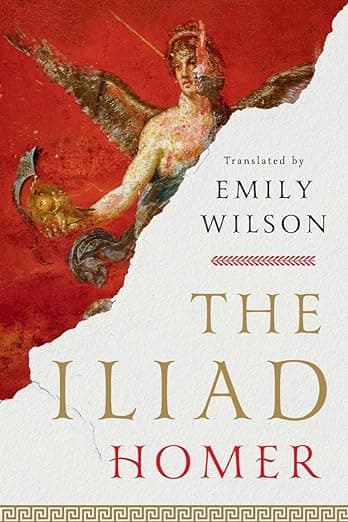Homer's 'Iliad' Offers Ancient Wisdom for Modern Political Divides

Spencer Klavan, a scholar and host of the "Young Heretics" podcast, argues in a recent article for The Free Press that Homer's ancient epic, the Iliad, provides profound insights into contemporary issues of anger and grief, offering a lens through which to understand strained relationships and political polarization. Klavan, also an associate editor of The Claremont Review of Books, suggests that the 2,700-year-old poem's exploration of human emotion remains remarkably relevant today.
Klavan's analysis centers on the enduring themes of rage and sorrow depicted in the Iliad, particularly through characters like Achilles. "Homer’s 'Iliad' offers an understanding of anger and grief that helps us think about our own strained relationships and political divides," The Free Press stated in a social media post promoting the article. He posits that the epic's portrayal of intense conflict and its human cost can illuminate the roots of modern societal divisions.
As a classicist with a Ph.D. in ancient Greek literature from Oxford University, Klavan frequently draws connections between classical texts and current events. His "Young Heretics" podcast aims to provide a classical education, exploring "the great works of the West" to recover truth and beauty in what he describes as "a world gone mad." This perspective informs his approach to analyzing the Iliad's applicability to today's political landscape.
The Free Press, known for its "investigative stories and provocative commentary," frequently publishes articles that engage with cultural and political topics from a perspective that emphasizes classical thought and traditional values. Klavan's piece aligns with the publication's mission to offer deeper, historically informed analysis on issues that resonate with a broad audience grappling with societal fragmentation. By examining the Iliad's depiction of intense human emotions, the article encourages readers to reflect on the nature of conflict and the potential for shared humanity amidst division.